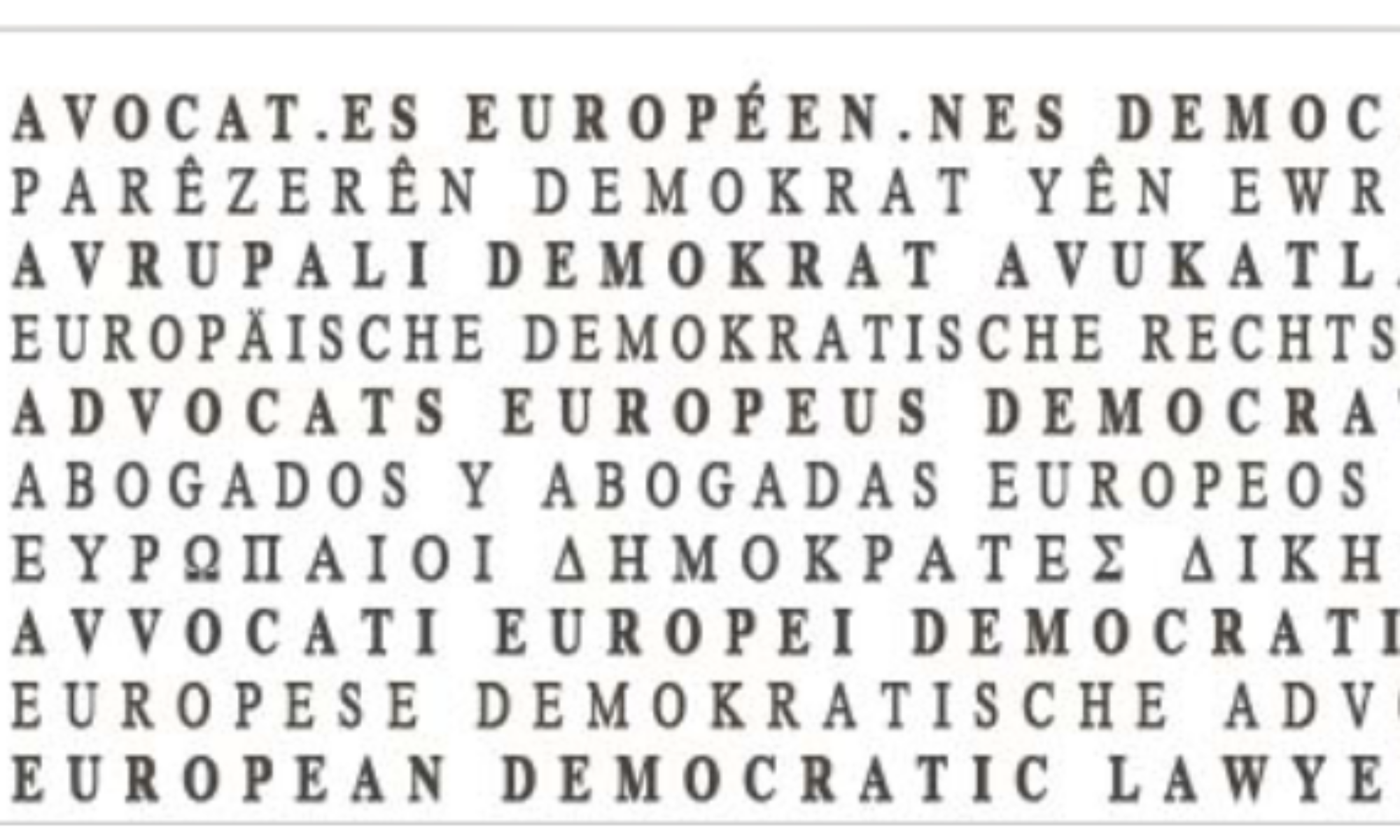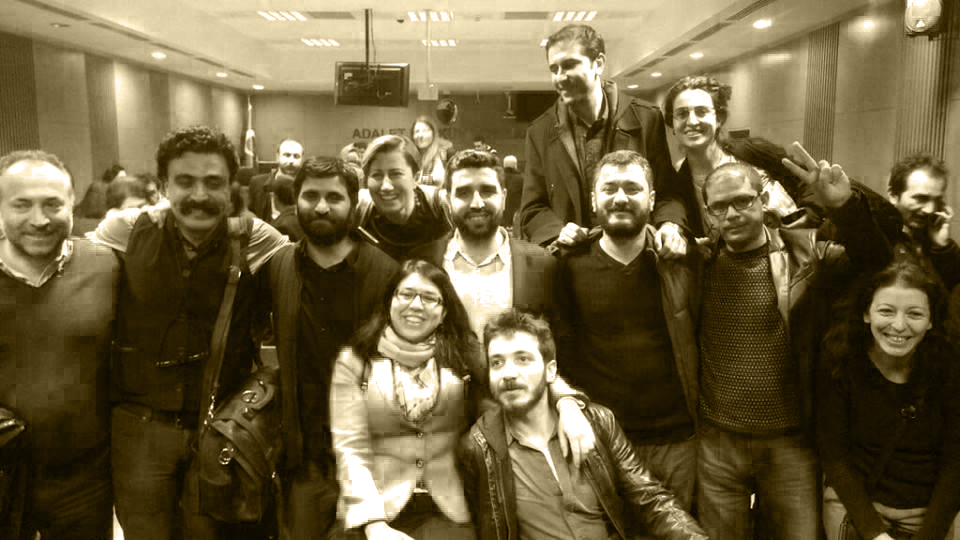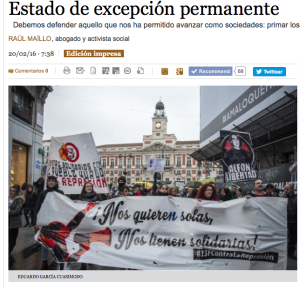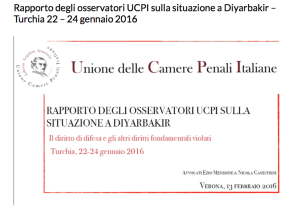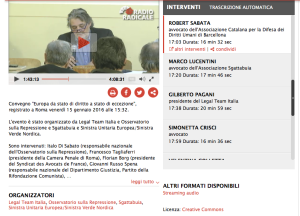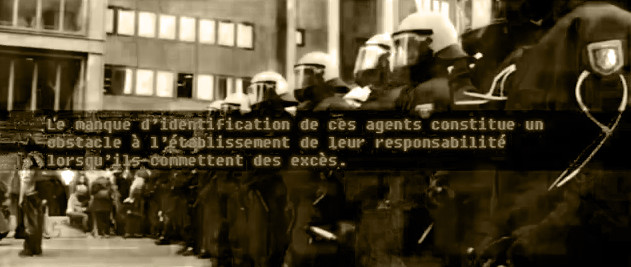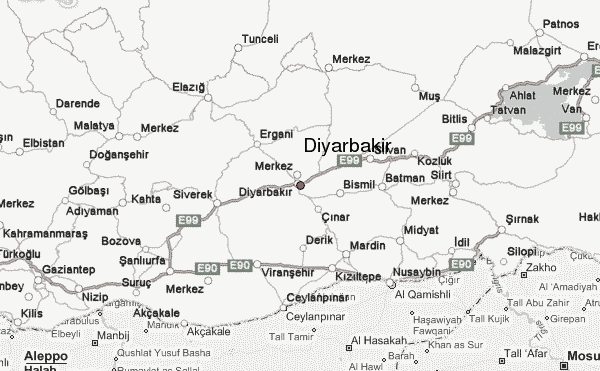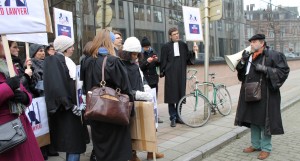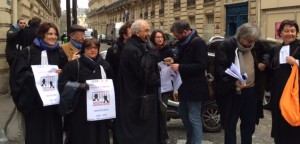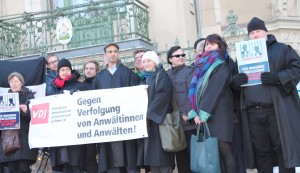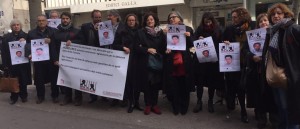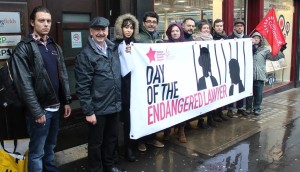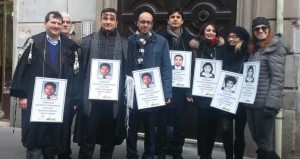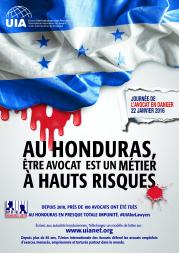AED Statement concerning the detention of the lawyers Ramazan Demir, İrfan Arasan, Ayşe Acinikli, Hüseyin Boğatekin, Şefik Çelik, Adem Çalışçı, Ayşe Başar, Tamer Doğan and Mustafa Ruzgar (16th of March 2016, Istanbul) and previously the detention of the “Academics for peace”.
Amongst the different cases related to human rights that AED/EDL (Avocats Européens Démocrates/Europeans Democratic Lawyers) follows, the situation in Turkey appears to be especially worrisome.
In the early morning of 16th of March 2016, the police broke into the private homes of several lawyers/attorneys in Istanbul. 8 of them, members of the ÖHD (Özgürlükçü Hukukçular Derneği – Association of Lawyers for Freedom), and one of them, also member of ÇHD (Çağdaş Hukukçular Derneği – Progressive Lawyers Association) have been arrested on charges of terrorism: Ramazan Demir, İrfan Arasan, Ayşe Acinikli, Hüseyin Boğatekin, Şefik Çelik, Adem Çalışçı, Ayşe Başar, Tamer Doğan were taken into custody. Later, yet another lawyer was arrested: Mustafa Rüzgar.
Now, our colleagues are released and free. This is good news, although the judge issued for some of the lawyers a ban on leaving the country.
According to the information we have, there is no justification for these arrests and searches. The lawyers are accused of “working for, or belonging to a terrorist organisation.” Everything indicates that the accusations are based on their professional activities.
Neither the police officers nor the prosecutor have provided information on the grounds of the prosecution and the arrests. Lawyers have been arrested without any indictment and without access to any information concerning their arrest.
Currently, as the EU is negotiating with Turkey a common future policy, this constitutes yet another reason to refuse any attack by the Turkish State against Human Rights defenders, against lawyers, against academics, politicians and citizens who are defending a democratic change for Turkey and for Kurdistan. Anyone working for peace must not and cannot be considered a terrorist and/or member of the PKK (Kurdistan Workers’ Party) because this means that for the Turkish State the only logic is repression. With such actions Turkey does not comply with the minimum standards of democracy and human rights needed to be a member of the UE.
Moreover, the latest news tell us that last week, and within only 3 days, at least 320 citizens were arrested and accused of being member of, or providing support to the PKK. This wave of arrests of journalists, academics and lawyers for Human Rights must stop.
We consider that all these facts constitute an attack on the people and an attempt to silence the opposition in Turkey. The “Academics for Peace” who signed a petition against the government criticizing the military aggressions of many Kurdish cities, have been arrested, in some cases dismissed, and in many cases punished with disciplinary measures. 3 Academics: Esra Mungan, Kıvanç Ersoy and Muzaffer Kaya were imprisoned.
For these reasons, we urge the Turkish government to:
I.- Respect the UN Basic Principles on the Role of Lawyers, 1990, namely:
– to permit lawyers to perform all of their professional functions without intimidation, hindrance, harassment or improper interference.
– to permit lawyers to travel and to consult with their clients freely both within their own country and abroad.
– and to ensure that lawyers shall not suffer, or be threatened with, prosecution or administrative, economic or other sanctions for any action taken in accordance with recognized professional duties, standards and ethics.
II.- Ensure the respect of the guarantees set out in Art 6, ECHR: a fair hearing, an independent and impartial tribunal established by law and the right to be presumed innocent, to be informed promptly of the nature and cause of the accusation; and to have adequate time and the facilities for the preparation of the defence.
III.- Guarantee the separation of powers: the one element that creates most discussion and complaints is the way that in this type of cases, the members of the Court are elected by the High Council of Judges and Prosecutors (HSYK) dominated by the executive power. This makes impossible the independence of justice and coerces the judges and prosecutors in their work because they are subjected to the political decisions of the Ministry of Justice.
IV.- Ensure the real exercise of the freedom of expression, information and ideological freedom, that are not respected at the present time.
For the above mentioned reasons, we are going to bring these cases to the European Institutions and the European Parliament. We believe that this situation does not ensure the exercise of fundamental and civil rights as contained in the treaties signed by the Republic of Turkey. We believe that currently Turkey cannot become a member of the EU without deep democratic reforms.
Créteil, Madrid, Barcelona, Amsterdam, Milano, Istanbul, Bilbo, Brussels, Berlin,
20th of March 2016,
Please download our press statement in English , French or Spanish and make it turn!
